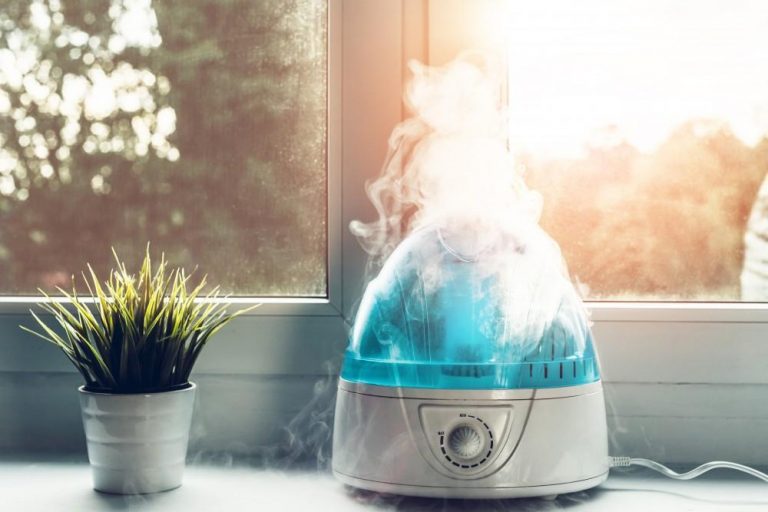Winter can be harsh on your body. The cold air and dryness can cause a lot of problems, such as dry skin, respiratory issues, and even headaches. One way to combat these issues is by using a humidifier. Humidifiers add moisture to the air, which helps to improve your health and wellbeing. In this article, we will discuss the many benefits of using a humidifier in winter!
Skin Benefits
One of the biggest benefits of using a humidifier in winter is that it can help to improve your skin health. When air is dry, your skin becomes dry and cracked. This can be uncomfortable and even painful at times. A humidifier helps to add moisture back into the air, which allows your skin to retain more moisture naturally. As a result, you will have softer, smoother skin that is less prone to irritation or cracking.
Respiratory Benefits
Another benefit of using a humidifier during the winter months is that it can help to prevent respiratory issues like congestion and coughing. Dry air irritates the nose and throat, which can lead to coughing and increased mucus production. Adding moisture back into the air with a humidifier prevents this from happening and helps to keep your respiratory system healthy.
Decrease Headaches
Finally, using a humidifier in winter can also help to decrease the number of headaches you experience during these colder months. Although scientists are still not sure exactly why, it is believed that dry air can irritate or even constrict blood vessels in the head, which leads to headaches and migraines. Using a humidifier helps to reduce this irritation and prevent headaches from occurring so often throughout the day.
How Much Humidity?
The Mayo Clinic has released new guidelines for indoor humidity levels, recommending that homeowners aim for a relative humidity of 30 to 50 percent. While this may seem like a narrow range, it can actually have a significant impact on your health. It is important to monitor the humidity levels in your home and make adjustments as needed.
Safely Using a Humidifier
If you’re using a humidifier in your home, it’s important to take some basic precautions to ensure that it’s used safely. According to the Environmental Protection Agency (EPA), here are some tips to follow:
– Always use distilled or demineralized water in your humidifier. Regular tap water can contain minerals that can be deposited on surfaces in your home, potentially leading to the growth of mold or bacteria.
– Clean your humidifier regularly, following the manufacturer’s instructions. This will help to prevent the growth of microorganisms in the unit.
-Empty the water reservoir and wipe it dry every day making sure to unplug the unit first to prevent electrocution.
-Follow the manufacturer’s instructions for additional care and maintenance of your particular unit.
As you can see, there are many benefits of using a humidifier during cold winter months. Whether you want healthier skin and hair, relief from respiratory issues, or fewer headaches, adding moisture back into the air can help!

